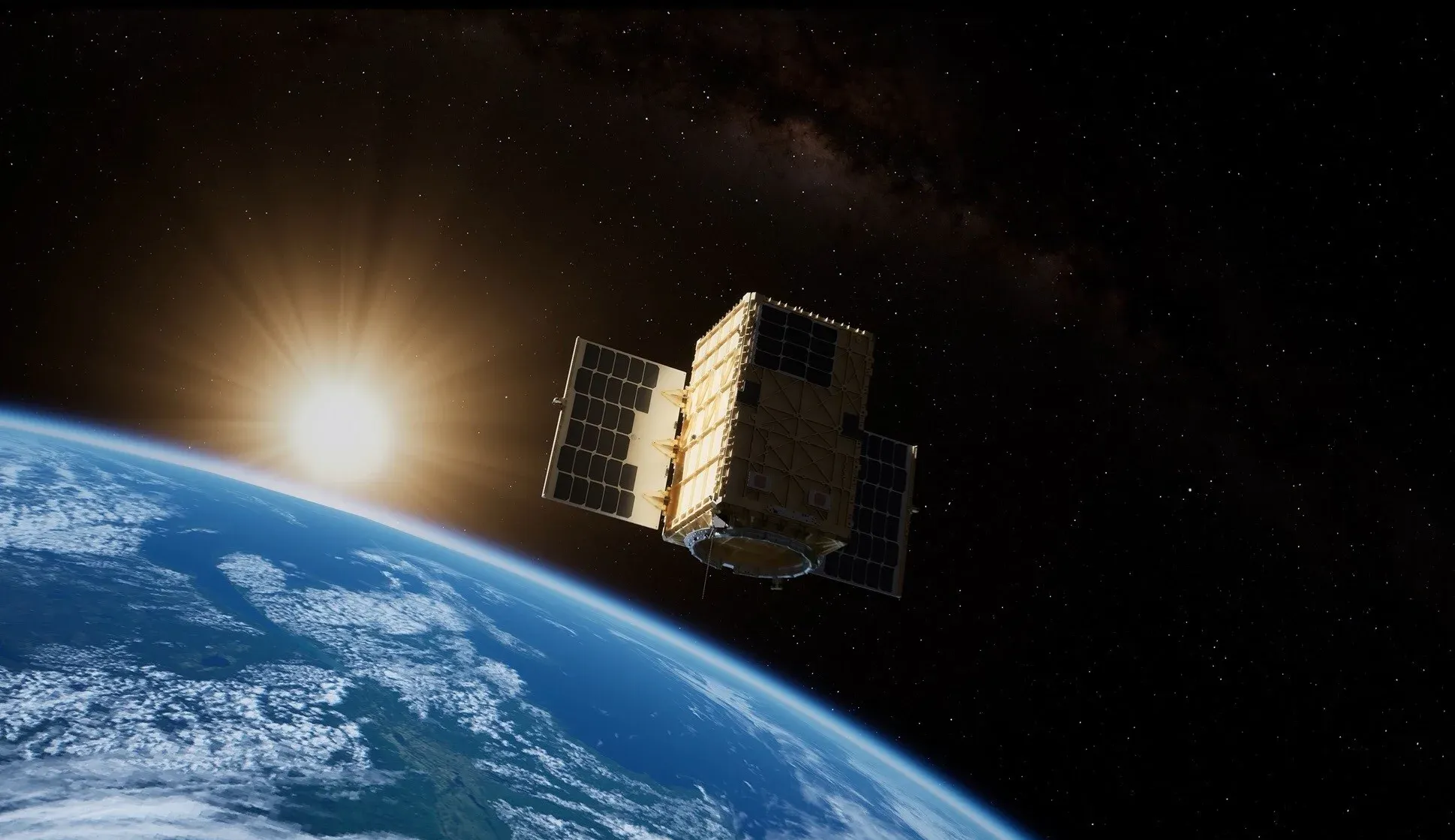The world of quantum computing has taken a giant leap—into space.
Last month, aboard a SpaceX rocket, scientists launched the first-ever quantum computer into Earth’s orbit.
The experimental device, developed by a team led by physicist Philip Walther at the University of Vienna, now circles the planet 330 miles above us.
Housed in a satellite roughly the size of a backpack, this mini quantum lab marks a major milestone for space tech and quantum science alike.
Unlike traditional computers, which rely on bits as either 0 or 1, this system uses qubits—based on individual photons—to harness the mind-bending laws of quantum mechanics.
Through a phenomenon known as superposition, qubits can represent multiple states at once, opening the door to solving complex problems exponentially faster than classical machines.
The goal? To bring quantum computing power directly to the edge — literally.

Shrinking a Quantum Lab to Fit the Final Frontier
The device, weighing just 20 pounds and sipping a mere 10 watts of power, was built in just eleven days.
“We basically shrunk an entire quantum lab to the size of a satellite payload,” Walther explained.
The satellite’s mission: test whether quantum computers can survive and operate in the harsh, unshielded environment of space — where wild temperature swings and cosmic radiation could easily fry delicate quantum systems.
But why space?
This experiment isn’t just about bragging rights. In theory, putting quantum computers on satellites could enable edge computing — allowing data to be processed in orbit instead of beamed down to Earth, analyzed, and sent back up again.
That could save crucial time and energy for operations like Earth imaging, environmental monitoring, and even space-based AI systems.
And the energy savings could be just as revolutionary. Quantum computers are inherently more efficient in some scenarios, a huge advantage when every watt matters on a satellite powered by limited fuel and solar energy.
Still, the technology remains in its infancy. Despite major hype around quantum breakthroughs, true quantum supremacy — where a quantum computer definitively outperforms classical counterparts — remains elusive.
And quantum systems are famously fragile: a single environmental disturbance can wipe out the delicate quantum states qubits rely on.
For now, though, Walther’s team has confirmed that their orbiting quantum computer is functioning. Its long-term resilience is still being tested, but the project is already a success in pushing the boundaries of what’s possible.
Once its mission ends, the satellite will burn up safely in Earth’s atmosphere — a fiery finale for a quiet revolution in computing.
But until then, it will circle our planet, crunching numbers, capturing images, and reminding us that the future of quantum might not just be underground in labs — but far above our heads.







